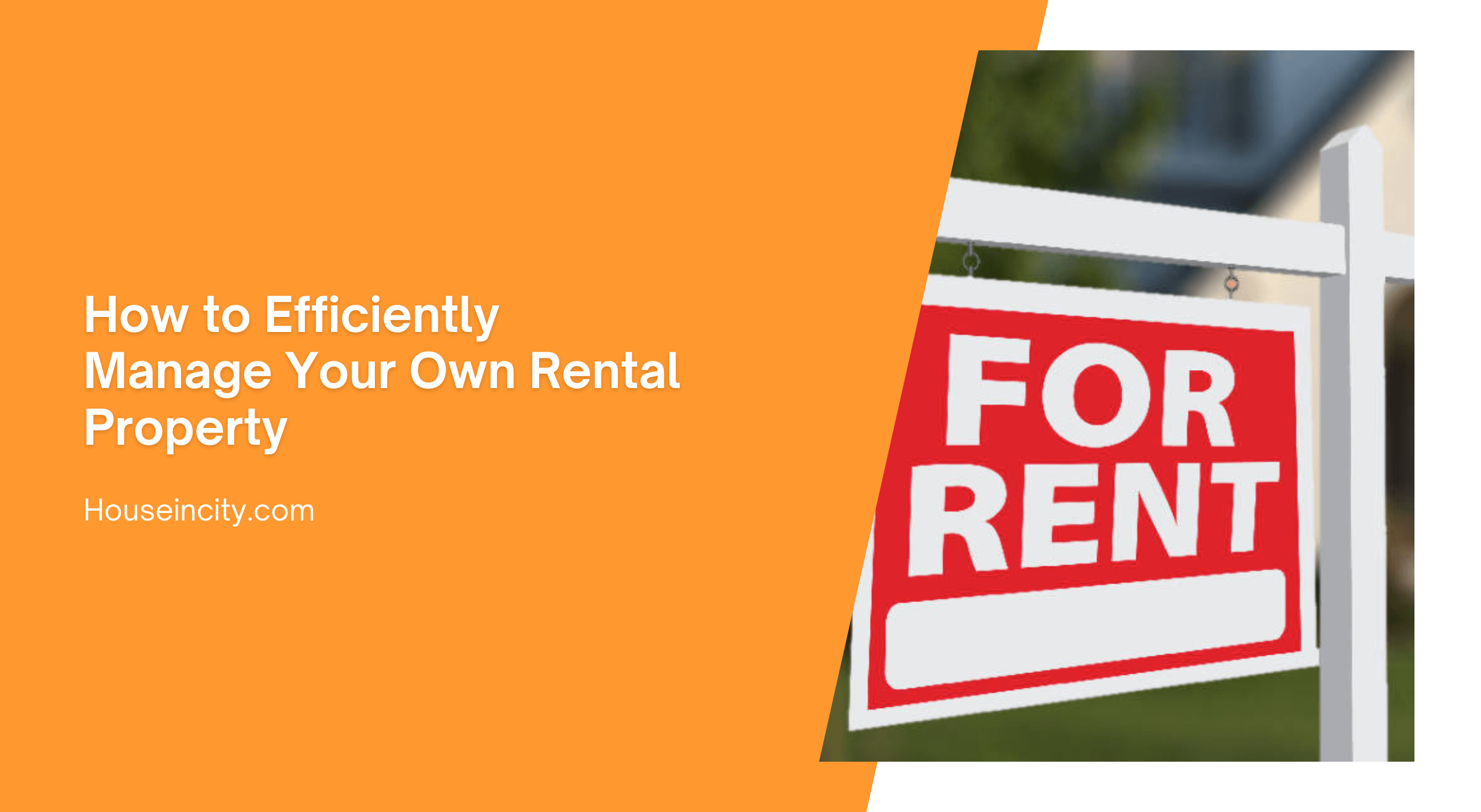Over the years I have managed a busy campground, a large boarding house with six rooms for rent, and as many as five rental homes at one time. The houses were the most difficult. They seemed to need the most maintenance, and took the most wear and tear from the renters. I learned a few things that made the task easier.
First, finding the best renters can make a huge difference in whether managing your properties becomes a nightmare or is a pleasant experience. When prospects fill out a rental application, don’t take their word on anything. Make all your phone calls, check all the references, and check length of employment. I even called out of state and checked the references on a dog once. The young man assured me his dog wasn’t destructive, and I made the phone calls. One of the key questions I always asked when calling references, “would you rent to this person?” If I didn’t get an immediate and enthusiastic yes, that was a clue.
It is illegal to discriminate, based on age, sex, race, or whether someone has children. But it is acceptable to reject a renter based on whether they are truthful on an application. In addition to verifying income, because you need to know if your prospect can actually pay the rent, verify where they lived before, if they paid on time, and how they left their previous rental. I allowed pets, but like I said I checked the pets references. Was the animal destructive or well behaved? Renting your property to a friend can sometimes ruin a friendship. I don’t recommend it.
As a property owner, renting your unit, you are responsible. The plumbing, electrical, built in appliances, roof, all come under your responsibility. Evaluate your property honestly. Know how old everything is. The central air unit, heating unit, hot water heater, roof, are there trees in the yard that could cause plumbing problems with the sewer? Knowing what shape your property is in and setting money aside in a separate account to cover these cost, can take the surprise out of an unexpected repair.
Read your insurance policies on your property. Some insurance companies offer policies which cover things like central air units, heating units and hot water heater repairs. It used to be pretty common to get insurance that would cover tree roots damaging sewers. This is not the case anymore. Tree root damage can be one of your most expensive repairs, and should have been evaluated when you purchased the property. If it wasn’t, then have it checked out. Raising your deductible on a policy which doesn’t offer any extra coverage can save some money. Put that savings in your repair account.
If you have a unit built before 1962, make sure it is up to modern code. Having a ground-fault circuit -interruptor or GFCI receptacle near the kitchen and bathroom sinks is important for the safety of your tenants. Also, be careful if you have a tenant who wants to make little repairs and upgrades for you. Many people say they have the skills, but their work leaves a lot to be desired. They can create problems rather than actually make improvements.
Minimizing wear and tear on the unit can be accomplished by limiting the amount of carpet in the unit to the bedrooms and living area. Always get a separate carpet cleaning deposit. You’ll be glad you did. There is no substitute for a professional carpet cleaning when it comes time to turn the unit over.
It is within your right as an owner to inspect your property. You can’t just drop in whenever you feel like it. You must send a letter informing your tenant of the inspection and give a time frame when this is likely to occur. It is in your interest to inspect your property every six months. Check the condition of the unit thoroughly. I’ve had tenants who I took for granted, only to be sorely surprised at the poor condition of everything when they moved out.
In your rental agreement spell out exactly what the tenant is responsible for. Water, gas, electric, cable, yard maintenance, washer, dryer, refrigerator, stove, can all be points of negotiation. Having a tenant supply these things for their own unit can reduce your responsibility considerably.
Do your research on your local rental market. You want to maximize your properties income potential, but you don’t want to price yourself out of the market. You don’t want your property to stand empty because it is overpriced.
I don’t care how handy you are, at some point you will need some kind of contractor to work on your property. My advice with a contractor, is the same with a tenant. Don’t take their word on anything. Check references, look at their previous work, and sometimes, cheaper is not always better. When you call some of the people they have worked for, ask if the job was finished on time. Ask if the estimate was within fifty to a hundred dollars of the final bill. Did they use the materials they promised to use? Some contractors will estimate using a higher grade material, then the actual work is finished with a cheaper product.
Finally, be professional. Don’t become too friendly with your tenants. When you cross the line and make them your friend, then they lose perspective. Your property is a business, and if you want to keep collecting that rent, keep it strictly business.
